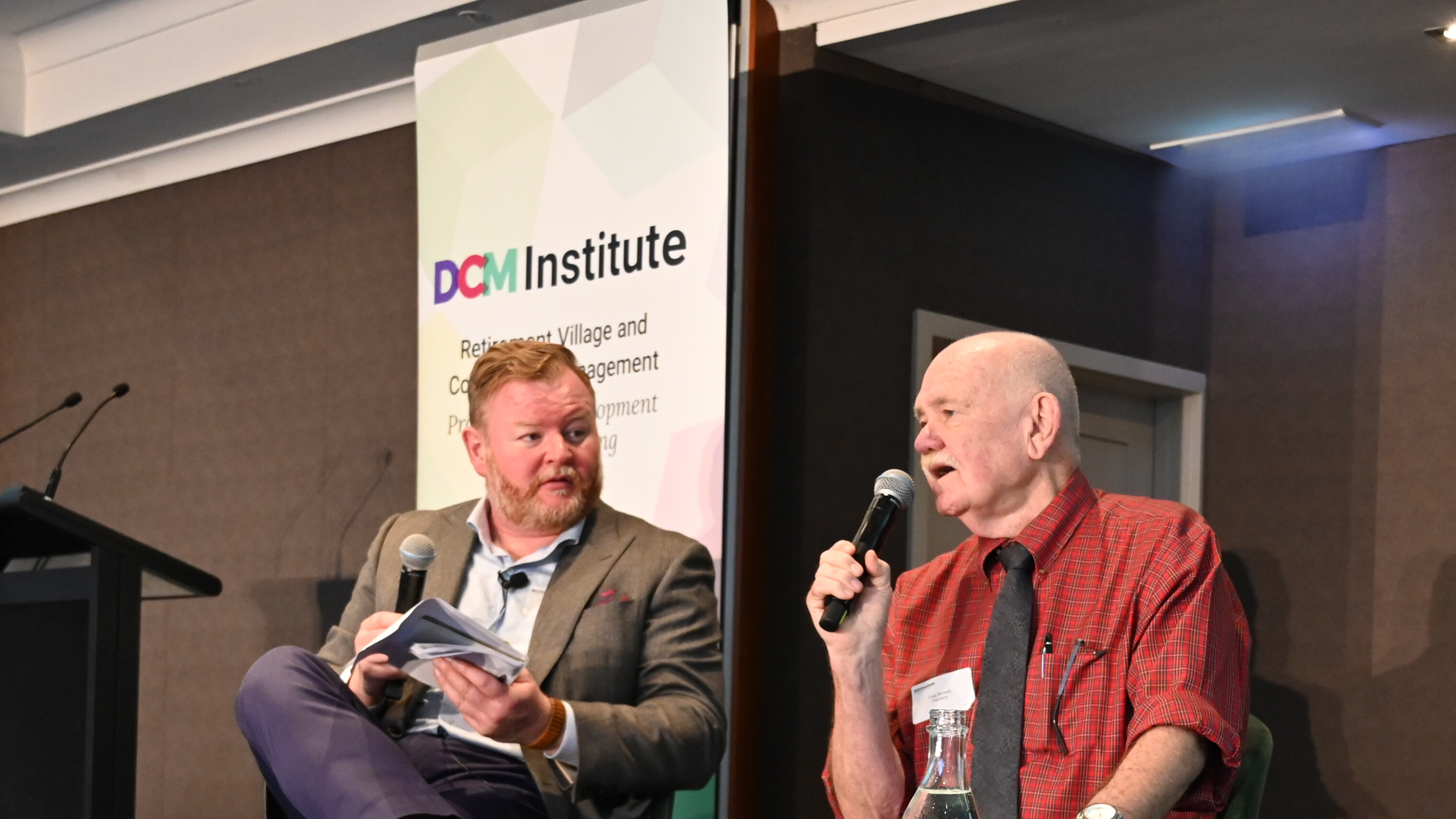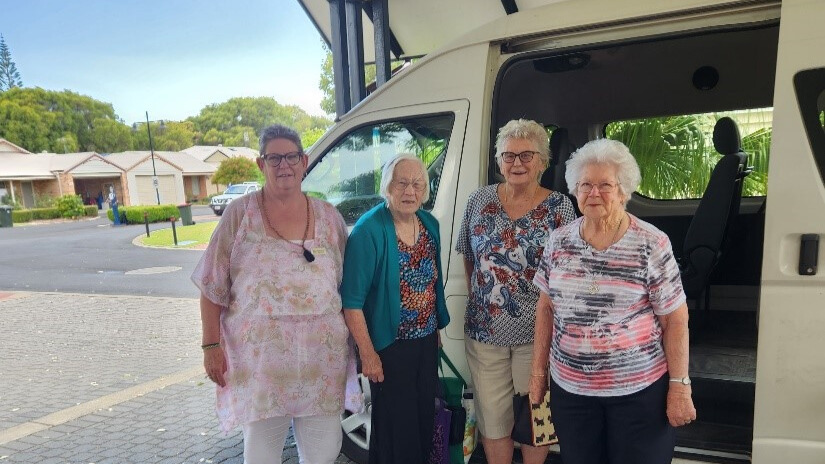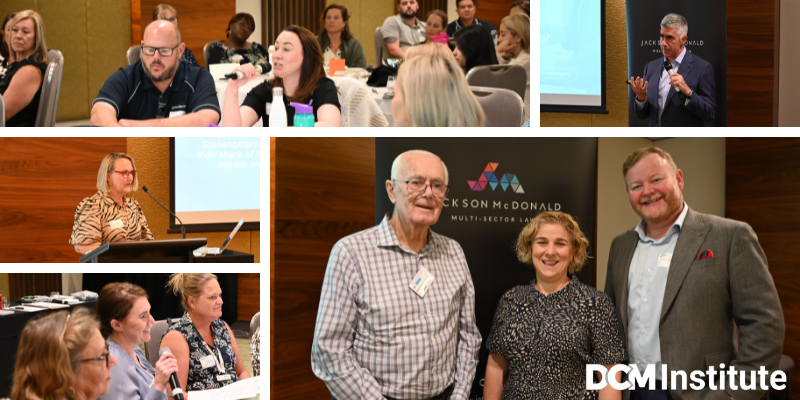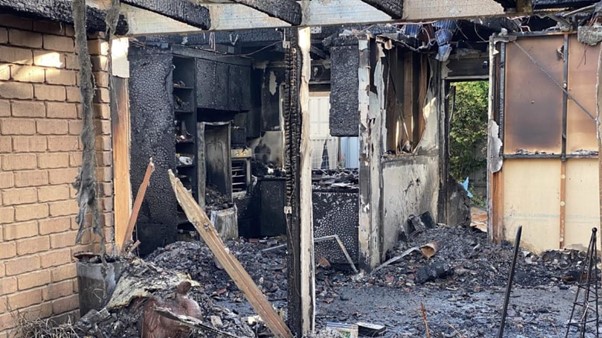If you can create a rewarding place to work, you can lay the right foundations for your workforce to be engaged and efficient, while serving as your greatest ambassadors.
Over the last two weeks, we have hosted professional development days in Melbourne, Brisbane and most recently Sydney.
The acheivement of Professional Development Points demonstrates an individuals commitment to learning and their own professional development with DCM Institute. In this feature, we talk to a village profesional who has achieved 1,000 Professional Development Points.
Once individuals understand their strengths and weaknesses, they can set goals and create a plan for personal and professional growth.
The DCM Institute’s first Professional Development Day series for 2024 commenced in Perth this week.
Karen Pohl started her journey at what is now Keyton’s Abervale retirement village in Grovedale, a southern suburb of Geelong, …
We received an enquiry during the week from a colleague in the sector to see what our views were on …
It was heartbreaking to read about the fire in an Adelaide retirement village last week where an 83-year old man …
“Everyone you will ever meet knows something you don’t.” – Bill Nye In a world where running a retirement village …
A Manager’s Guide Each year, we get back from leave and head straight into one of the most intense periods …
Sydney’s Water’s WaterFix Commercial program has helped the residents in the village in North Turramurra, 20km northwest of Sydney’s CBD, …












